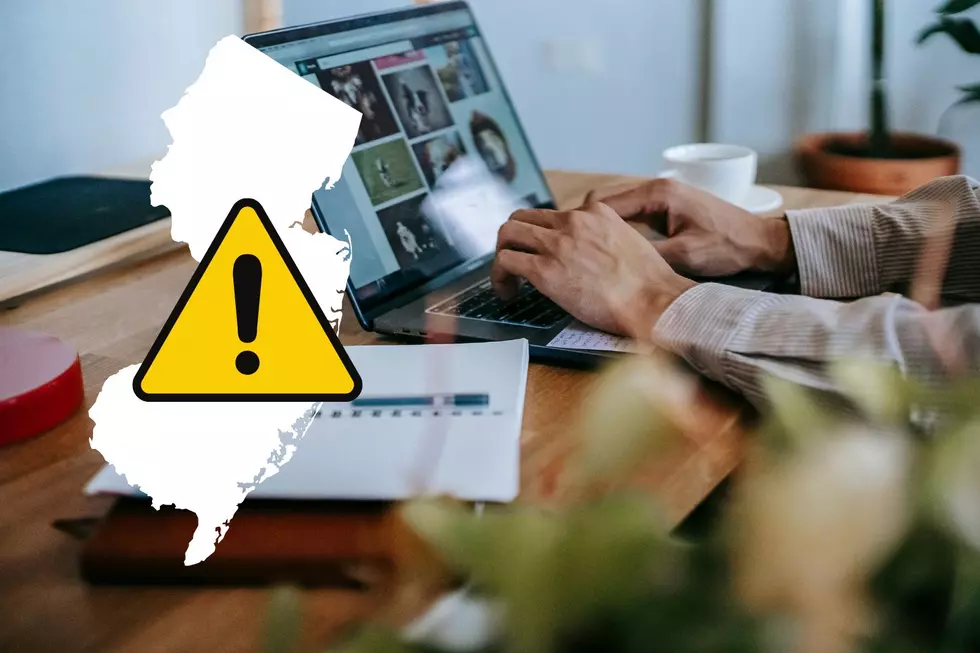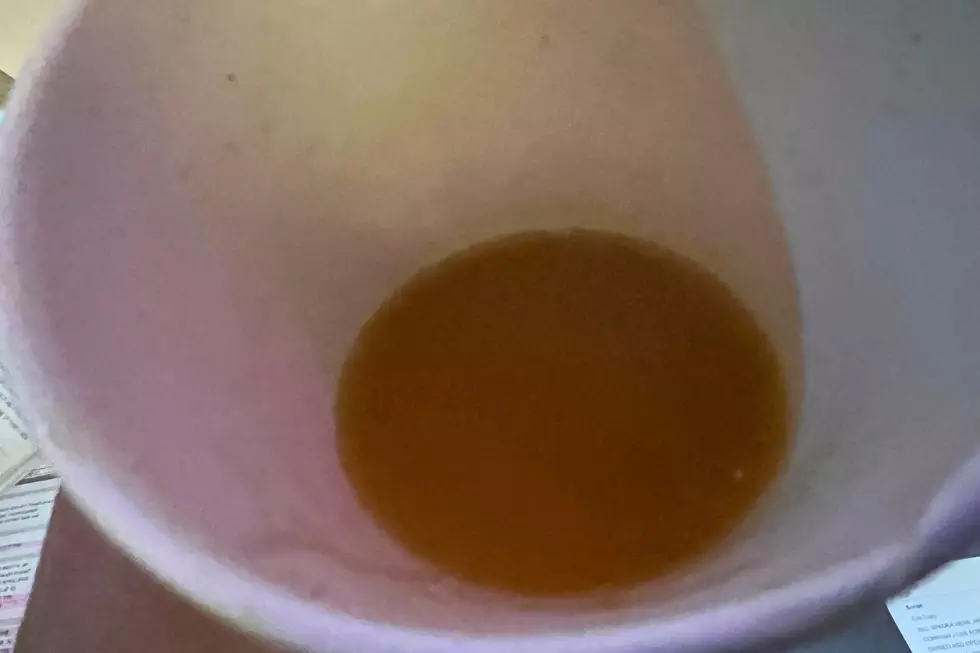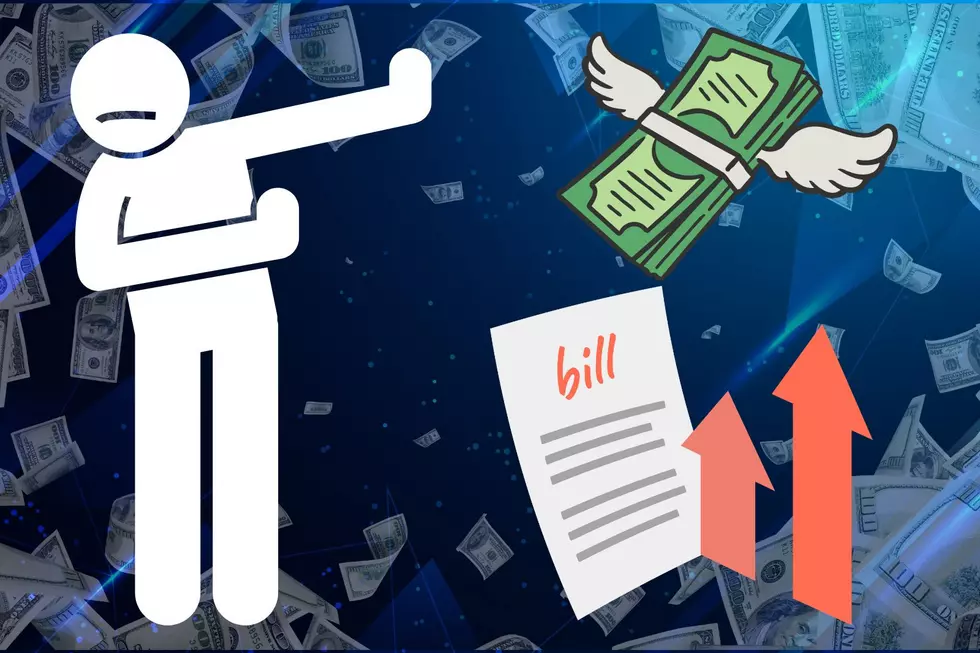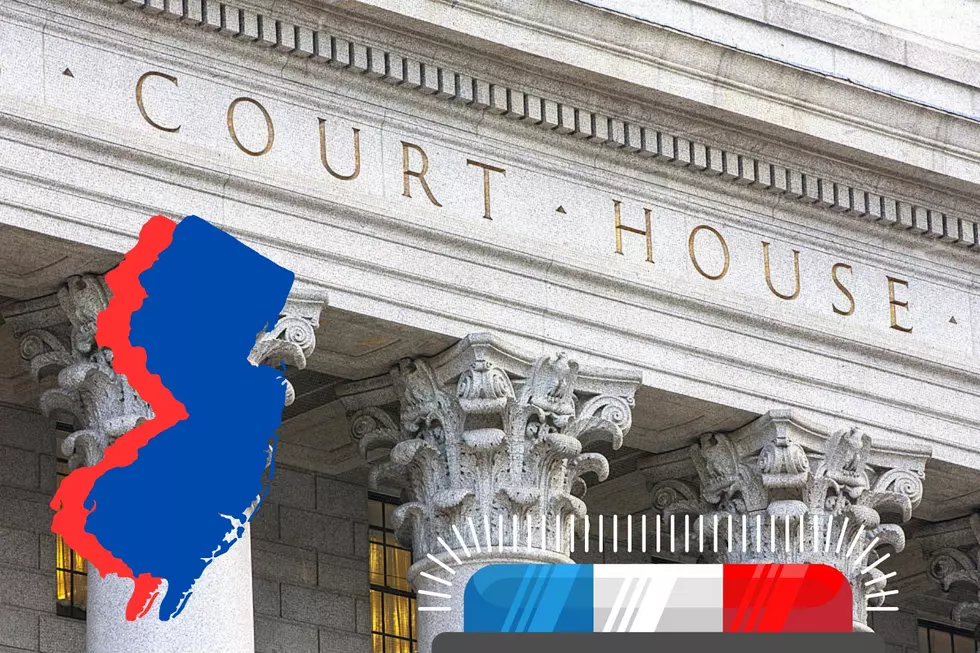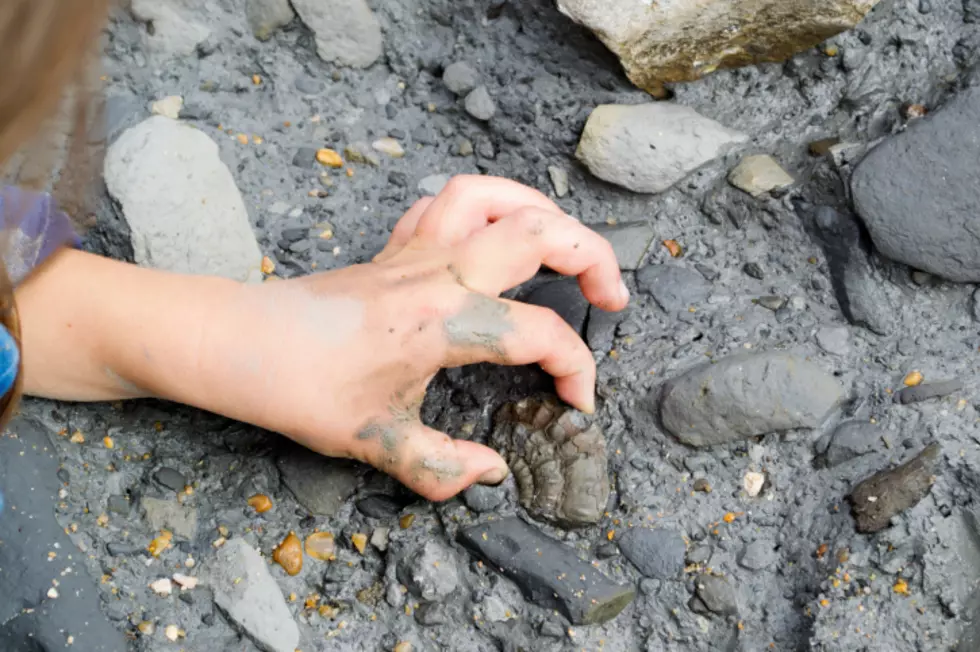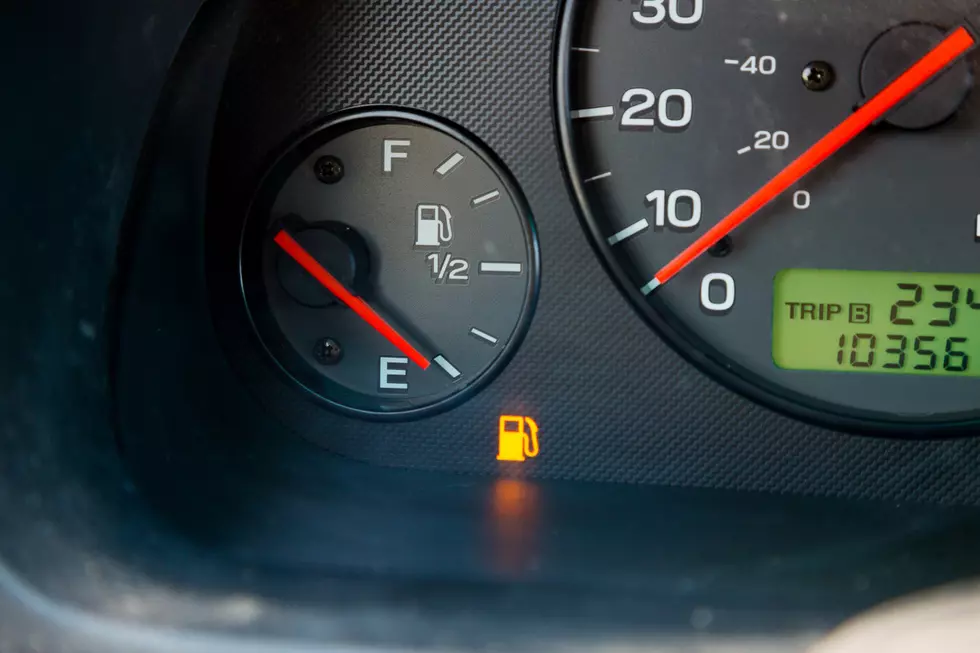
Top NJ infectious disease doctor: Move on from monkey pox (Opinion)
On June 18, when it was announced that the first case of monkeypox had hit NJ and confirmed in Jersey City, and that the CDC was personally looking into the case as well to gather more information, people started to get nervous all over again.
After COVID, we were all skittish about outbreaks of ANYTHING. The media in its usual fashion try to stir things up but couldn’t get around the fact that it really was not a plague or a pandemic. The infected individual was told to isolate and asked to contact trace people who may have been put at risk.
And although several health care professionals assured New Jerseyans that the disease would be quite difficult to catch, the word keeps coming up every once in a while in the news cycle and anytime you see it you get nervous all over again.
To contract monkeypox from someone, you would have to spend a prolonged period of time with the individual. Very few cases have been reported in total in the U.S., meaning we don’t have much to worry about.
In fact, according to an article in ROI-NJ, one of the most important and knowledgeable individuals in New Jersey to speak on this is Dr. Ronald Nahass, an infectious disease specialist for more than three decades and the president of ID Care, the largest physician group for infectious disease specialists in the state.
He says when he started getting calls about the cases of monkeypox popping up around the world, he was afraid that people would think this was a new virus, as COVID-19 was, and that people would start to panic that it would “paralyze the world” the same way COVID did. And, in fact, to an extent, that’s exactly what happened.
To allay their fears, Nahass was quoted in the article explaining that monkeypox has been around for 15 years and is not very transmissible. Even though we’ve seen it come to New Jersey, Dr. Nahass remains confident that this small amount of community spread is not something to be worried about. Avian flu and Legionnaires disease are more worrisome, according to the doc’s comments in the article. Interestingly, he indirectly calls out the media for stoking the flames of fear.
“When my infection prevention nurse called me and said, ‘The next germ in the media cycle is here,’ and told me it was monkeypox, I said, ‘They should really be talking about something else.”
Hope that makes you feel better. At least until the next headline.
Opinions expressed in the post above are those of New Jersey 101.5 talk show host Judi Franco only.
You can now listen to Dennis & Judi — On Demand! Hear New Jersey’s favorite best friends anytime, anywhere and any day of the week. Download the Dennis & Judi show wherever you get podcasts, on our free app, or listen right now.
Click here to contact an editor about feedback or a correction for this story.
Answers to 25 common COVID-19 vaccine questions
UP NEXT: See how much gasoline cost the year you started driving
More From New Jersey 101.5 FM

